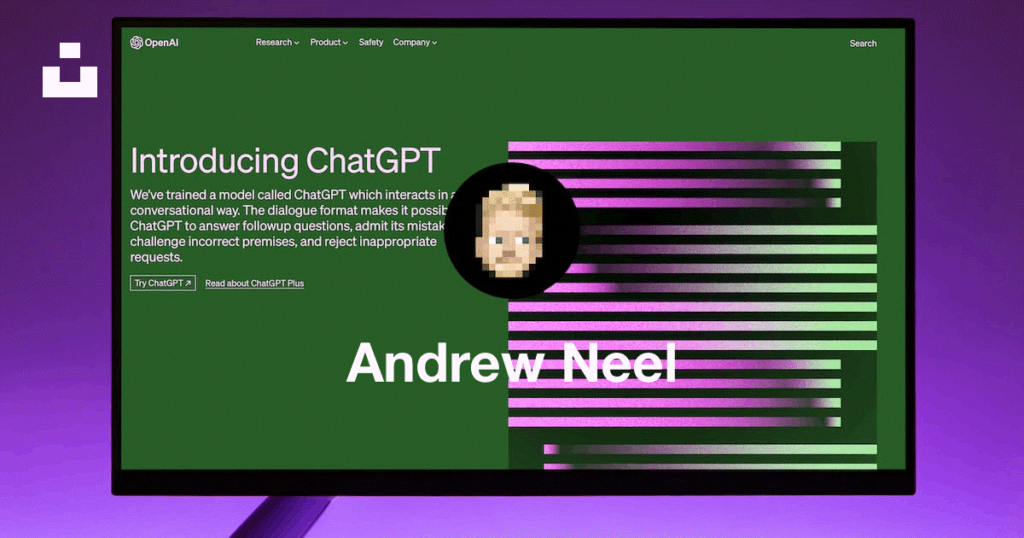
In the evolving landscape of healthcare, technological advancements are constantly reshaping the way patients receive medical care. One such innovation that has caught the attention of the industry is ChatGPT, an artificial intelligence-powered chatbot developed by OpenAI. With its ability to engage in intuitive human conversation and generate coherent responses, ChatGPT has the potential to transform the healthcare sector. While there are concerns and questions surrounding its integration into medical workflows, healthcare leaders are optimistic about its capabilities and the benefits it can bring to both patients and healthcare professionals.
The Rise of ChatGPT in Healthcare
Since its launch, ChatGPT has made significant strides in the medical field. It successfully passed the U.S. Medical Licensing Exam, showcasing its potential to perform at the level of licensed physicians. This achievement prompted major scientific journals to either ban or restrict its use in research, indicating the growing recognition of its capabilities. Despite these advancements, patients remain skeptical about relying on artificial intelligence for diagnosis and treatment recommendations, as revealed by a recent Pew Research poll.
The Power of ChatGPT in Patient Care
Healthcare leaders acknowledge the immense potential of ChatGPT in improving healthcare workflows and enhancing patient care. One area where ChatGPT can make a significant impact is clinical documentation. By summarizing patient encounter notes, cross-referencing academic literature, and providing real-time updates, ChatGPT can exponentially extend the reach and productivity of healthcare professionals. This technology has the potential to alleviate the administrative burden on physicians, reducing electronic health record (EHR) burnout and allowing more time for direct patient care.
Enhancing Clinical Decision-Making and Patient Education
ChatGPT’s capabilities extend beyond documentation. It can assist healthcare professionals in ordering tests, providing clinical decision support, and offering discharge instructions and follow-up care guidance. By leveraging its vast knowledge base and natural language processing abilities, ChatGPT can become a virtual care assistant, working alongside clinicians to improve the delivery of medicine. Patients can also benefit from ChatGPT by accessing patient education content, scheduling appointments, and navigating the healthcare system with ease.
Addressing Concerns: Security, Privacy, and Bias
As with any emerging technology, there are valid concerns surrounding ChatGPT’s implementation in healthcare. Privacy and security are paramount in the healthcare industry, and the constant learning nature of ChatGPT raises questions about the potential deanonymization of patient data. Furthermore, while ChatGPT can generate coherent responses, it may still provide incorrect or outdated information, which poses a risk to patient safety. Addressing these concerns requires ongoing oversight and validation from healthcare professionals to ensure accuracy, currency, and relevance of the generated responses.
Collaboration between Humans and AI
The future of healthcare lies in the collaboration between humans and AI. ChatGPT is not meant to replace healthcare professionals but rather augment their work and provide support for patient education. By leveraging the strengths of AI, healthcare professionals can focus on critical activities and rely on AI chatbots for administrative tasks, response generation, and data analysis. This partnership can enhance decision-making, improve patient outcomes, and alleviate the burden on healthcare providers.
Integration Challenges and Future Outlook
The integration of ChatGPT into healthcare workflows poses certain challenges. As the technology is still in its early stages, healthcare organizations need to carefully consider its implementation, ensuring that it aligns with existing regulatory frameworks and ethical guidelines. Additionally, ongoing research is necessary to assess patient attitudes towards AI-generated content and to address concerns related to bias and accuracy. Looking ahead, the future of healthcare will undoubtedly be shaped by AI technologies like ChatGPT, but it is crucial to proceed with caution, prioritizing patient safety and well-being.
Conclusion
The rise of ChatGPT in the healthcare sector promises to revolutionize patient care. Its ability to engage in intuitive conversation, generate coherent responses, and assist healthcare professionals in various aspects of their work holds immense potential. However, the integration of this technology should be approached with caution, ensuring privacy, security, and accuracy of information. By embracing the collaboration between humans and AI, healthcare organizations can harness the power of ChatGPT to improve workflows, enhance clinical decision-making, and ultimately deliver better patient outcomes. As the future unfolds, it is essential to navigate the evolving landscape of AI in healthcare with a focus on patient-centric care and ethical considerations.

this is a very good blog.
https://www.lifeandcanvas.com/take-care-of-stomach-related-problems/